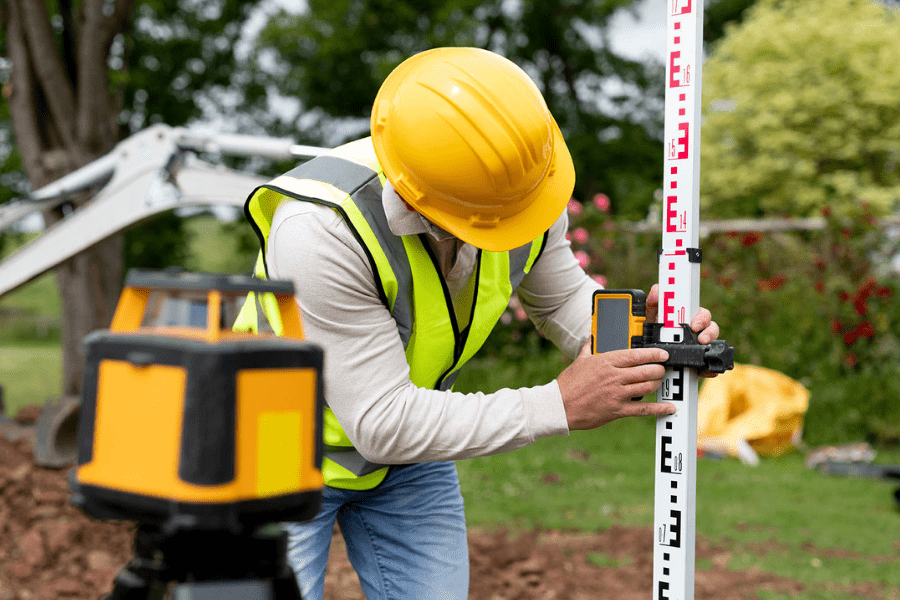The Process of Buying Land: from Research to Closing

Welcome to the whimsical world of land acquisition, where dreams of owning a plot become a reality! In this guide, we embark on a delightful journey, navigating the twists and turns of the land-buying process. From research that feels like a treasure hunt to the exhilarating closing, let’s uncover the magic of making land your own.
Define Your Requirements and Research:
The first step is to define your requirements and conduct thorough research. Determine the purpose of the land purchase, assess your budget, and identify the ideal location. Research zoning regulations, local market trends, and any potential restrictions or easements that may affect the land.
Engage Professionals:
To ensure a smooth transaction, consider enlisting the services of professionals. A real estate agent experienced in land transactions can provide valuable guidance, help you find suitable options, and negotiate on your behalf. Consulting an attorney specializing in real estate can also ensure legal compliance and protect your interests.
Visit Potential Land Parcels:
Visit the land parcels that meet your criteria. Walk the property, assess its topography, and evaluate any natural features or limitations. Take note of the surrounding area, neighboring properties, and access points. This step will help you gauge the suitability of the land for your intended use.
Perform Due Diligence:
Before making an offer, conduct thorough due diligence. This includes investigating the land’s title history, surveying the boundaries, checking for any liens or encumbrances, and verifying utility access. Engage professional surveyors, title companies, and other experts to examine the land’s legal and physical aspects comprehensively.
Financing Options:
Explore financing options for your land purchase. While traditional mortgages are commonly used for home purchases, buying raw land may require alternative financing methods. Consult with lenders specializing in land loans or consider options like seller financing or personal loans.
Make an Offer and Negotiate:
Once you’ve completed your due diligence, it’s time to make an offer. Present a written offer to the seller, outlining the purchase price, contingencies, and desired terms. Negotiations may ensue, and remaining flexible while protecting your interests is important. Work closely with your real estate agent and attorney during this stage.
Conduct Land Surveys and Inspections:
After an offer is accepted, schedule land surveys and inspections. A land survey will accurately determine the property boundaries and identify potential encroachments or discrepancies. Depending on your intended use, consider soil testing, environmental assessments, or other specialized inspections to address specific concerns.
Secure Financing and Insurance:
Finalize your financing arrangements by providing the necessary documentation to the lender. If required, secure land insurance to protect your investment. Review the terms and conditions of your loan and insurance policy carefully, ensuring they align with your expectations and meet any requirements the lender sets.
Closing the Deal:
Closing is the final step in the land-buying process. All parties gather to sign the necessary legal documents and transfer ownership. This typically includes the deed, closing statement, and any additional agreements. Pay any remaining closing costs, such as legal, title insurance, and recording fees.
Here at Mrlandseller, we provide a platform for everyone interested in buying land.
You can contact us and use our teams to help you through the process to the end.
You can also follow us on social media to be the first one to find out about our new properties (https://www.facebook.com/MrLandSeller/)



